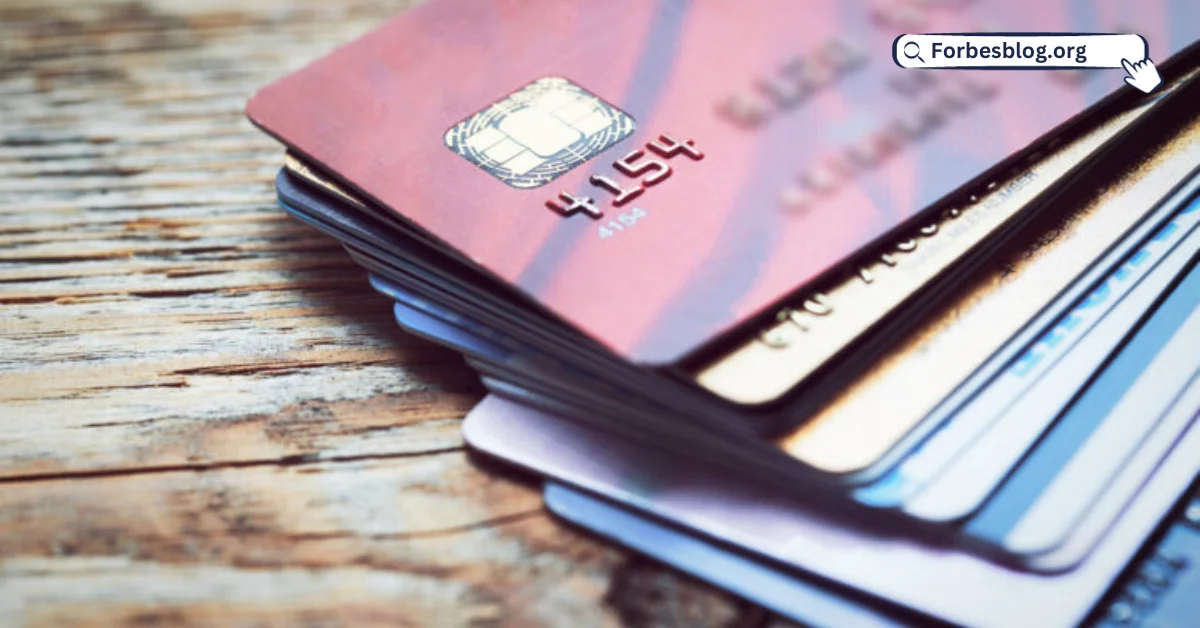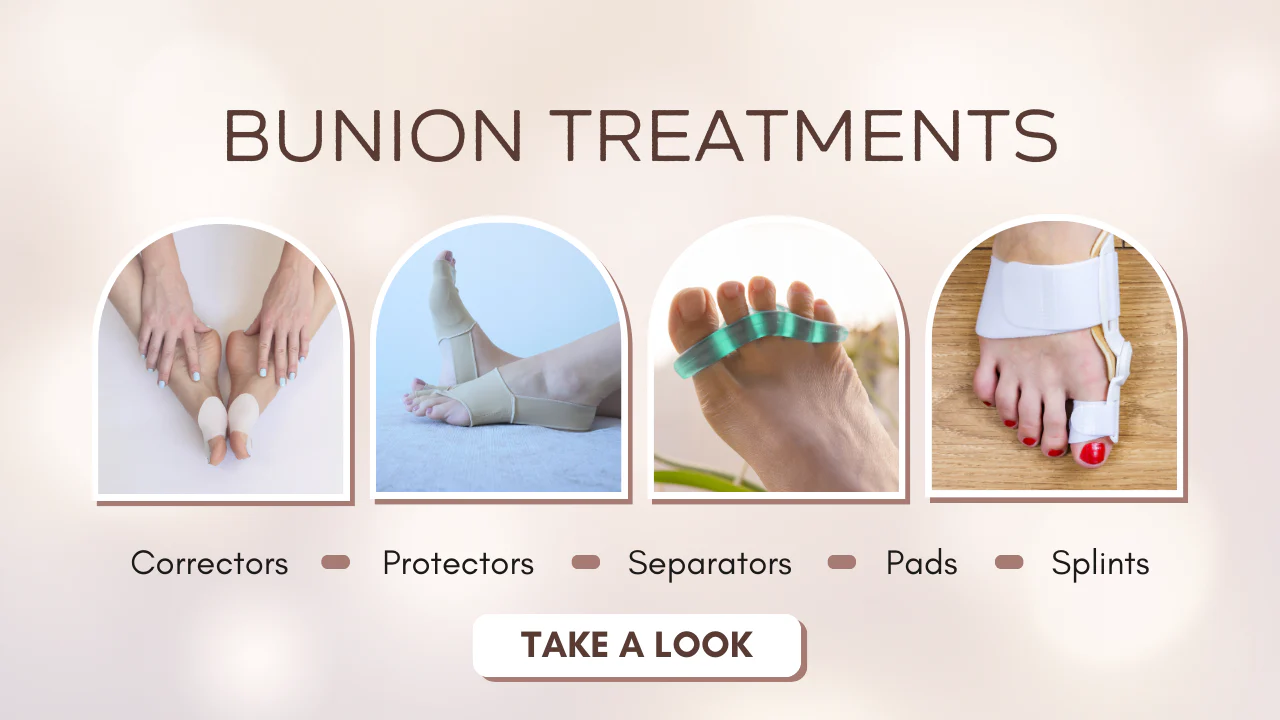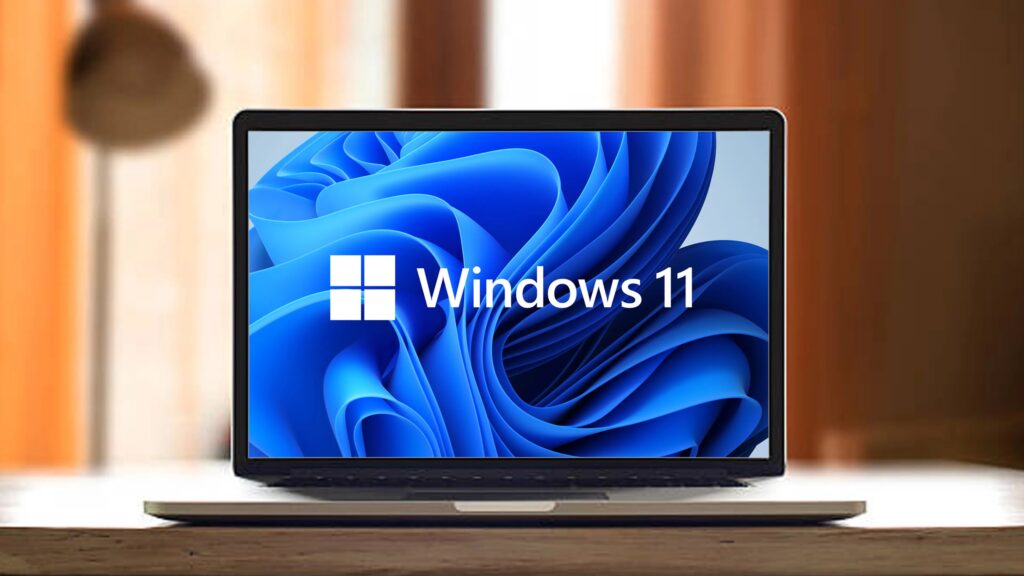Did you know that when it comes to credit vs. debit card usage in the US, the rates for the latter have always been higher?
For instance, debit cards accounted for 28% of payment transactions in 2018, 30% in 2019, and 28% in 2020. By contrast, credit cards accounted for only 23%, 24%, and 27%, respectively.
All those figures prove that US consumers prefer debit cards over credit cards. However, it doesn’t mean that credit cards are without benefits. It doesn’t mean debit cards are always the best choice in every situation, either.
To that end, we created this guide on the differences between the two. Read on to learn the pros and cons of both cards and tips on when to use which.
Table of Contents
What Is a Credit Card?
A credit card is a card associated with a revolving line of credit. These cards allow cardholders to make payments using borrowed funds. Most financial institutions, including banks, issue credit cards to eligible consumers.
The individual accounts associated with credit cards come with a maximum credit limit. However, in many cases, good payment behavior can result in a limit increase. Either way, this limit is the total amount of revolving credit you can borrow to pay for goods and services.
Revolving credit, in turn, refers to an open-ended credit account. It means it doesn’t have an end date, so you can use the available funds so long as that account remains open.
Each time you use a credit card, your available credit decreases based on the cost of the charge you made. For example, suppose you bought a pair of shoes that cost $50 and charged it to your card. If your card’s available credit was $1,000 before the purchase, then it will go down to $950 after.
Conversely, your available credit goes up each time you make a credit card payment. So, if you pay back that $50 before it incurs interest, your available credit will go up by $50.
Therefore, you’ll always have credit cards funds to use as long as you pay back your previous charges.
What’s Good About Credit Cards?
Credit cards allow you to obtain goods and services now and pay for them later. In most cases, they let you extend one-time payments for about a month, depending on your due date. You may even have longer than a month if you use your credit card right after your statement closing date.
Your statement closing date, by the way, is the last day of your monthly billing cycle. It’s at the end of this day when your issuer calculates all the charges you made on your card and the fees you agreed to pay. It’s also during this date when your issuer computes your minimum amount due.
On the other hand, your payment due date is the last day you can pay for the minimum amount due or your entire balance. If you pay your total balance on or before this date, your credit card issuer won’t charge interest fees. The due date is usually 20 to 25 days from your statement closing date.
For instance, let’s say your statement due date is every 15th of the month and your due date is after 25 days. In this case, you have until the 10th of the following month to pay the minimum amount due or your total balance.
Moreover, if you buy something with your card on the 16th of the month, it won’t be due until after two billing cycles. So, for example, if you use your card on October 16th, the charge will only be due on December 10th.
In addition, most credit cards have a cash line of credit (LOC) that you can borrow. You can withdraw cash against your card’s cash LOC using standard ATMs.
How Do You Get a Credit Card?
You can apply for a credit card online via the financial company’s official website. However, know that your qualifications depend on your credit score and history. Most issuers prefer applicants with good to exceptional credit scores (670 to 850).
In addition, credit card companies run a credit check on all applicants. That’s because they need to know how financially responsible a potential debtor is.
If you always paid your other debts on time, though, then card issuers may consider you low-risk. Being a low-risk borrower is good, as it boosts your chances of getting qualified for a card.
You’d also need to submit financial documents, such as your payslips or income tax returns. Make sure you prepare identification documents and proof of residency and employment, too.
What Then Is a Debit Card?
A debit card is a financial card issued by banks to their checking account holders. The checking accounts, in turn, fund the charges made on debit card accounts. So, unlike a credit card that lets you borrow funds from the issuer, a debit card uses your money.
For instance, let’s say you have a debit card linked to your checking account that contains $1,000. Each time you use your debit card, your checking account funds decrease based on the charges you make. So, if you charge $50 to your debit card, the $1,000 in your checking account will go down to $950.
In short, your debit card uses the money you already have rather than borrowed funds. For the same reason, your debit card issuer won’t charge you interest fees since it’s your money. However, you can no longer use your debit card if you deplete your checking account funds.
What’s Great About Debit Cards Then?
So that you know, about half of adults in the US now carry some level of credit card debt. What’s more, around four in 10 of those with credit card debt can only afford to pay their minimum amount due.
If you want to avoid piling on debt, consider using a debit card, seeing as it doesn’t involve borrowing money. It’s your money, after all. Moreover, you might be able to restrain yourself better if you know where your finances stand.
How Do You Get a Debit Card?
To open a traditional debit card, you need to have a checking account first. Most banks offer debit cards automatically as part of their checking account services. However, some may require you to file a request if you want a debit card.
To open a checking account, you need to provide a government-issued ID. Some examples are your driver’s license or passport.
Prepare your Social Security Number (SSN) or individual taxpayer identification number (TIN) too. If you have an SSN card, bring it with you when you go to the bank.
Lastly, most financial institutions require proof of address or residency. A recent utility bill, cell phone bill, or cable TV bill usually suffices.
The application usually takes just about an hour or less, and you’ll get your debit card right after. You can then activate the new debit card and set a PIN through one of the bank’s ATMs. Keep in mind that you have to use your PIN for all point-of-sale (POS) purchases and withdrawals.
In some cases, debit card activation may take up to 24 hours. After this, though, you can use your card for withdrawals as well as POS and online transactions.
Credit vs. Debit Card: When to Use Which
If you need to buy a big-ticket item but can’t afford to pay for it in one go, then a credit card might be your best choice. However, you should use the right card for such charges; for example, it should have a 0% introductory rate. At the very least, it should have a low annual percentage rate (APR) and generous cashback offers.
Some credit cards also reward customers for grocery, department store, and gas purchases. If you have a big family, then these credit cards with massive cashback offers can be an excellent choice. Some even come with other rewards, such as free miles, discounts, and rebates.
On the other hand, a debit card can help fight impulse buying, accounting for 40% to 80% of all purchases. Since it’s on your money on the line, then it might help you avoid such temptations. For the same reason, you might find it easier to stick to your budget if you don’t rely on credit that much.
In addition, debit cards usually don’t charge fees if you withdraw cash using your bank’s ATM. By contrast, credit card cash LOCs charge not only cash advance fees but also interest rates. As such, if you need money, it might be best to withdraw against your checking account with a debit card.
Both Credit and Debit Cards Are Essential Financial Tools
While credit vs. debit card usage rates show that more folks prefer the latter, both can benefit you. Credit cards can be as valuable as debit cards, so long as used responsibly. Moreover, credit cards can help build the credit you need if you plan to take out a car loan or a mortgage.
However, it’s still wise to use a debit card, especially for smaller, general purchases.










